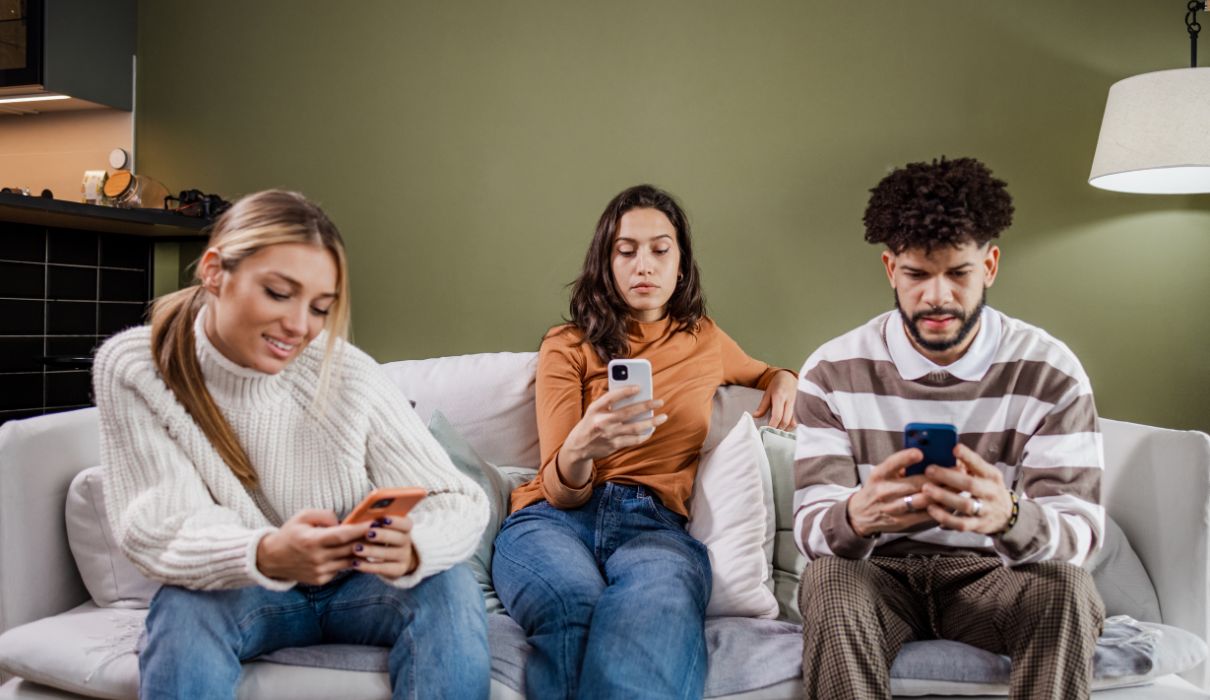I want to share something that’s been on my mind a lot lately – the impact of social media on our mental health. It’s a topic that’s personal to me, and probably to many of you as well. In this age of constant digital connection, it’s hard not to wonder: how is all this scrolling, liking, and sharing really affecting us?
The Lure of the Digital World
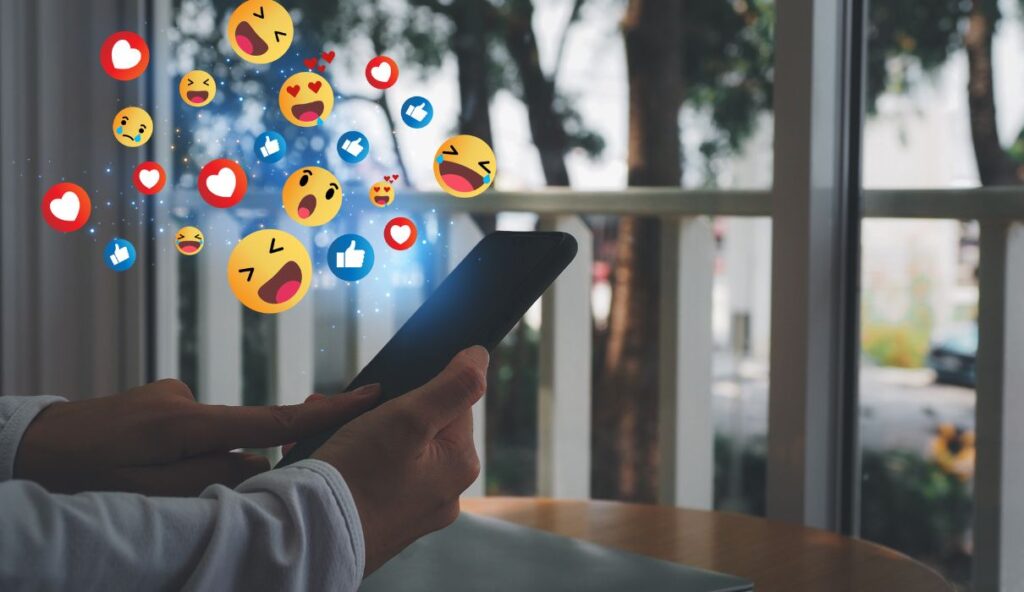
Let’s start with how enticing social media is. It’s designed to keep us engaged, offering an endless stream of content that’s tailored to our interests. I’ll be the first to admit, there’s a thrill in getting likes and comments on a post. It feels good to be noticed and appreciated, right?
Navigating social media is like riding a wave. Some days, it lifts you up, and other days, it can pull you down. I’ve had days where I felt incredibly connected and inspired by what I saw online. I’ve learned new things, laughed at memes, and felt a part of something bigger. But, there were also days when I felt invisible, scrolling through an endless parade of seemingly perfect lives, wondering where I fit in all of it.
The Bright Side
However, amidst the complexities, it’s crucial to acknowledge that social media is not all doom and gloom. In fact, it has been a lifeline for me in many ways, particularly during some of the most challenging periods.
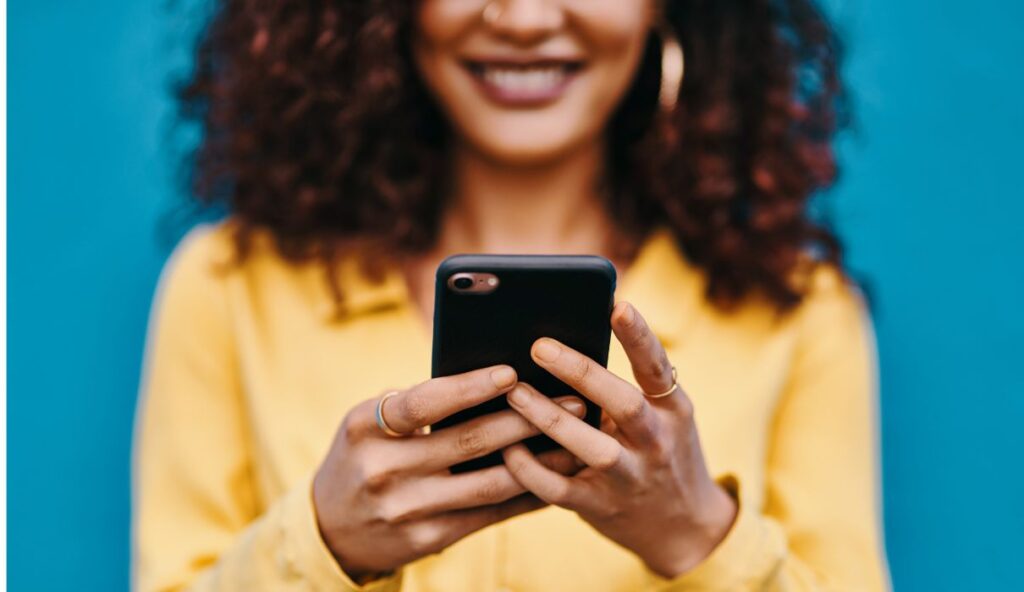
- Staying Connected in a Disconnected World
During the recent pandemic, when physical distancing became our new reality, social media became a vital bridge to the outside world. It helped me stay connected with friends and family, breaking the barriers of isolation. Those video calls, group chats, and online gatherings? They were more than just digital interactions; they were a lifeline, offering comfort and a sense of normalcy in an otherwise uncertain world.
- Finding Your Tribe
Another beautiful aspect of social media has been discovering communities that share my interests and passions. Whether it’s a group dedicated to sustainable living, a forum discussing the latest in tech, or a page celebrating a favorite hobby, these spaces have offered me a sense of belonging. Engaging with like-minded individuals, exchanging ideas, and learning from others’ experiences has been incredibly empowering.
- A Platform for Learning and Growth
Social media has also been an educational tool. I’ve attended webinars, participated in online courses, and consumed content that has broadened my horizons. From cooking tutorials to professional development workshops, the learning opportunities are endless.
- The Joy of Sharing and Inspiring
There’s also a unique joy in sharing your own story and experiences. Posting about my achievements, no matter how small, and receiving support and encouragement is genuinely uplifting. It’s equally rewarding to inspire others or offer a word of encouragement, knowing that your interactions might brighten someone else’s day.
The Dark Side
Now, let’s talk about something that’s a bit harder to discuss – the dark side of social media. It’s a part of my journey that I’ve found challenging and, at times, quite distressing.
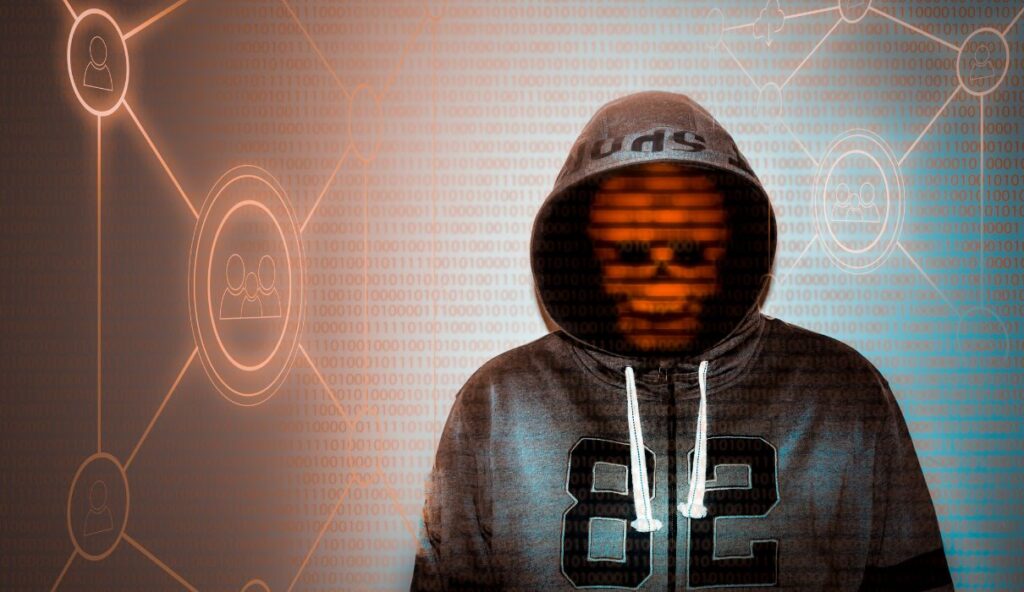
I remember a time when I felt really low because I wasn’t getting as many likes as I hoped on a post. It sounds silly now, but in that moment, it felt like a reflection of my worth. That’s when I realized how much power I was giving to these digital interactions over my emotions and self-esteem.
- The Pressure
One of the first things I noticed when I dove into the world of social media was the intense pressure to present a perfect life. It’s like everyone is constantly curating their best moments, and it’s easy to feel like you’re falling behind. I’ve had moments where I questioned my own achievements and happiness, just because they didn’t seem to measure up to the glossy, filtered snapshots of others. It’s easy to feel like everyone else is living a perfect life, especially when we’re only seeing their best moments.
Everyone has struggles, but not everyone shares them online!
- The Trolls and the Critics
Then, there are the trolls and the critics. It’s astonishing how bold people can become behind the anonymity of a screen. I’ve seen and experienced hurtful comments that can really sting. It’s a sad reality that the more you put yourself out there, the more you open yourself up to criticism and negativity.
- The Addiction and the Time Sink
Social media can also be incredibly addictive. I’ve lost count of the hours I’ve spent mindlessly scrolling, time that I could have spent on more fulfilling activities. It’s a habit that’s hard to break, especially when these platforms are designed to keep us engaged for as long as possible.
- The Impact on Mental Health
All of this takes a toll on mental health. There have been studies linking heavy social media use to increased rates of anxiety, depression, and poor sleep quality. Personally, I’ve had days where I felt down after spending too much time on social media, comparing my life to others, or getting caught up in negativity.
Vulnerabilities and Risks
Understanding these vulnerabilities and risks is not about instilling fear; it’s about empowerment. By staying informed and vigilant, we can enjoy the benefits of our digital age while safeguarding ourselves against its pitfalls. Let’s commit to being more conscious digital citizens, navigating this digital terrain with both the wonder it merits and the caution it demands.
A side of social media that often goes unnoticed until it’s too late!
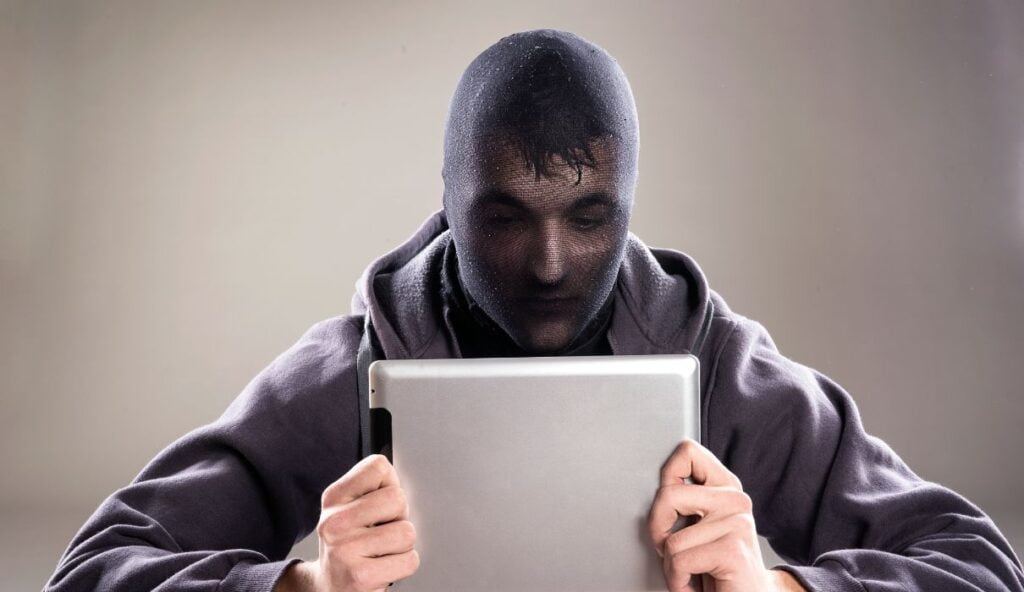
The Social Media Minefield
Our digital footprints, the trails we leave with every click and post, are more than just ephemeral bits of data. They are breadcrumbs leading back to our personal lives, ripe for misuse in the wrong hands.
- Identity Theft
When you share details like your full name, birth date, or even pet names, clever thieves can piece this information together. They might try to pretend they’re you to steal money or open accounts in your name. - Location Tracking
Posting where you are, like your favorite café or even your home, might seem fun. But, it also tells people exactly where to find you. It’s a bit like leaving a map to your doorstep, which can be risky if it falls into the wrong hands. - Scams and Fraud
Scammers love social media because they can learn a lot about you. They use what you post to make very convincing fake emails or messages, tricking you into giving away money or more personal info. - Cyberbullying and Harassment
Sometimes, what you share can be used to bully or harass you. People might take your photos or information and use them to make fun of you or even threaten you. - Future Consequences
The funny photo or personal rant you share today might not seem like a big deal. But in the future, employers or schools might see it and think differently about you. It’s like leaving a permanent digital footprint that’s hard to erase. - Unwanted Marketing
The more you share, the more companies know about you. They use this info to flood your feed with ads tailored just for you, which can be annoying and a bit creepy.
So, next time you’re about to post something personal on social media, pause and think: “Am I okay with everyone seeing this, now and in the future?”
Staying safe online is a lot about making smart choices about what you share.
Finding Balance in the Digital World
Realizing the impact of social media on my mental health was a wake-up call. It prompted me to reevaluate my relationship with these platforms. I’ve learned to take breaks when I need to, to not take every comment to heart, and to share more authentically.
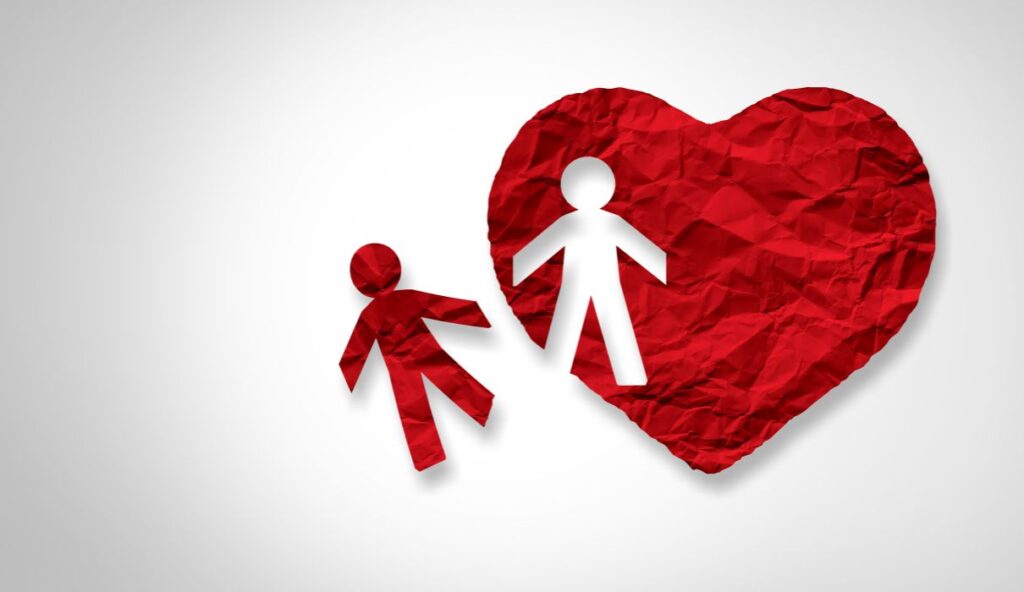
- Setting Boundaries
The first step for me was setting clear boundaries. I started by limiting my daily screen time. It was tough at first, feeling like I was missing out, but gradually, I began to appreciate the freedom it brought. I became more conscious of when and why I was logging on, asking myself, ‘Am I seeking connection, or just bored and looking for a distraction?’
- Curating My Feed
I also took control of my feed. This meant unfollowing accounts that triggered negative feelings of envy or inadequacy and instead following accounts that inspire and uplift me. It’s amazing how much of a difference this can make. My feed became a source of inspiration, learning, and positivity, rather than a constant barrage of perfection and glamour.
- Mindful Engagement
I started engaging with social media more mindfully. Rather than passively scrolling, I began actively commenting, sharing, and posting content that was meaningful to me. This shift made my social media experience more interactive and fulfilling. It felt like I was contributing to the community in a positive way, not just consuming content.
- Reflection and Self-Care
Regularly reflecting on my mental state and practicing self-care has been crucial. Whenever I feel overwhelmed by social media, I step back and take a break. I’ve learned that it’s okay not to be constantly connected and that taking time for myself is not just important, it´s necessary.
In the end, social media is just one part of our lives. It’s a tool that can enhance our experiences, but it shouldn’t define them. Let’s celebrate the positives, learn from the negatives, and remember that our self-worth is not tied to our online presence. Social media is a part of our journey, but it’s not the entire story. We need to remember to look up from our screens, to live in the moment, and to cherish the real-life connections we have.
Let’s use it to lift each other up, to spread kindness, and to make our little corner of the internet a better place.

